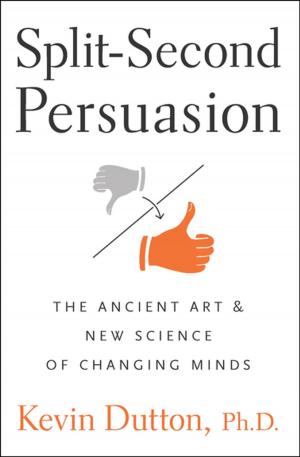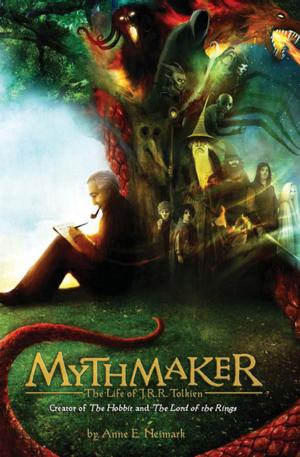The Great Task Remaining
The Third Year of Lincoln's War
Nonfiction, History, Americas, United States, Civil War Period (1850-1877), Military, Biography & Memoir, Political| Author: | William Marvel | ISBN: | 9780547487144 |
| Publisher: | Houghton Mifflin Harcourt | Publication: | June 22, 2010 |
| Imprint: | Houghton Mifflin Harcourt | Language: | English |
| Author: | William Marvel |
| ISBN: | 9780547487144 |
| Publisher: | Houghton Mifflin Harcourt |
| Publication: | June 22, 2010 |
| Imprint: | Houghton Mifflin Harcourt |
| Language: | English |
Focusing on the dramatic events of 1863, this is “a well-researched and well-written study that will be a fine addition to Civil War collections” (Booklist).
The Great Task Remaining is a striking, often poignant portrait of people in conflict—not only in battles between North and South, but within and among themselves as the cost of the ongoing carnage sometimes seemed too much to bear.
As 1863 unfolds, we see draft riots in New York, the disaster at Chancellorsville, the battle of Gettysburg, and the end of the siege of Vicksburg. Then, astonishingly, the Confederacy springs vigorously back to life after the Union summer triumphs, setting the stage for Lincoln’s now famous speech on the Pennsylvania battlefield. Without abandoning the underlying sympathy for Lincoln, William Marvel makes a convincing argument for the Gettysburg Address as being less of a paean to liberty than an appeal to stay the course in the face of rampant antiwar sentiment.
This book offers a provocative history of a dramatic year—a year that saw victory and defeat, doubt and riot—as well as a compelling story of a people who clung to the promise of a much-longed-for end.
“By 1863 Northern citizens and soldiers were increasingly and openly wondering whether preserving the union and ending slavery were worth the cost of Mr. Lincoln’s war. Disillusion and war-weariness had set in: the war’s only fruits seemed to be moral and political degradation, dangerous constitutional precedents, tens of thousands dead and maimed. The Battle of Chickamauga appeared to have restored the stalemate. Marvel particularly conveys the looming crisis of the impending expiration of the three-year enlistments that were the Union army’s norm. That, combined with the increasing reluctance of Northern men to volunteer or send their sons, could have ended the war by default. Romance and adventure or misery and peril—which emotions would prevail? As Marvel conclusively demonstrates, the coin remained in the air as 1863 came to an end.” —Publishers Weekly
Focusing on the dramatic events of 1863, this is “a well-researched and well-written study that will be a fine addition to Civil War collections” (Booklist).
The Great Task Remaining is a striking, often poignant portrait of people in conflict—not only in battles between North and South, but within and among themselves as the cost of the ongoing carnage sometimes seemed too much to bear.
As 1863 unfolds, we see draft riots in New York, the disaster at Chancellorsville, the battle of Gettysburg, and the end of the siege of Vicksburg. Then, astonishingly, the Confederacy springs vigorously back to life after the Union summer triumphs, setting the stage for Lincoln’s now famous speech on the Pennsylvania battlefield. Without abandoning the underlying sympathy for Lincoln, William Marvel makes a convincing argument for the Gettysburg Address as being less of a paean to liberty than an appeal to stay the course in the face of rampant antiwar sentiment.
This book offers a provocative history of a dramatic year—a year that saw victory and defeat, doubt and riot—as well as a compelling story of a people who clung to the promise of a much-longed-for end.
“By 1863 Northern citizens and soldiers were increasingly and openly wondering whether preserving the union and ending slavery were worth the cost of Mr. Lincoln’s war. Disillusion and war-weariness had set in: the war’s only fruits seemed to be moral and political degradation, dangerous constitutional precedents, tens of thousands dead and maimed. The Battle of Chickamauga appeared to have restored the stalemate. Marvel particularly conveys the looming crisis of the impending expiration of the three-year enlistments that were the Union army’s norm. That, combined with the increasing reluctance of Northern men to volunteer or send their sons, could have ended the war by default. Romance and adventure or misery and peril—which emotions would prevail? As Marvel conclusively demonstrates, the coin remained in the air as 1863 came to an end.” —Publishers Weekly















